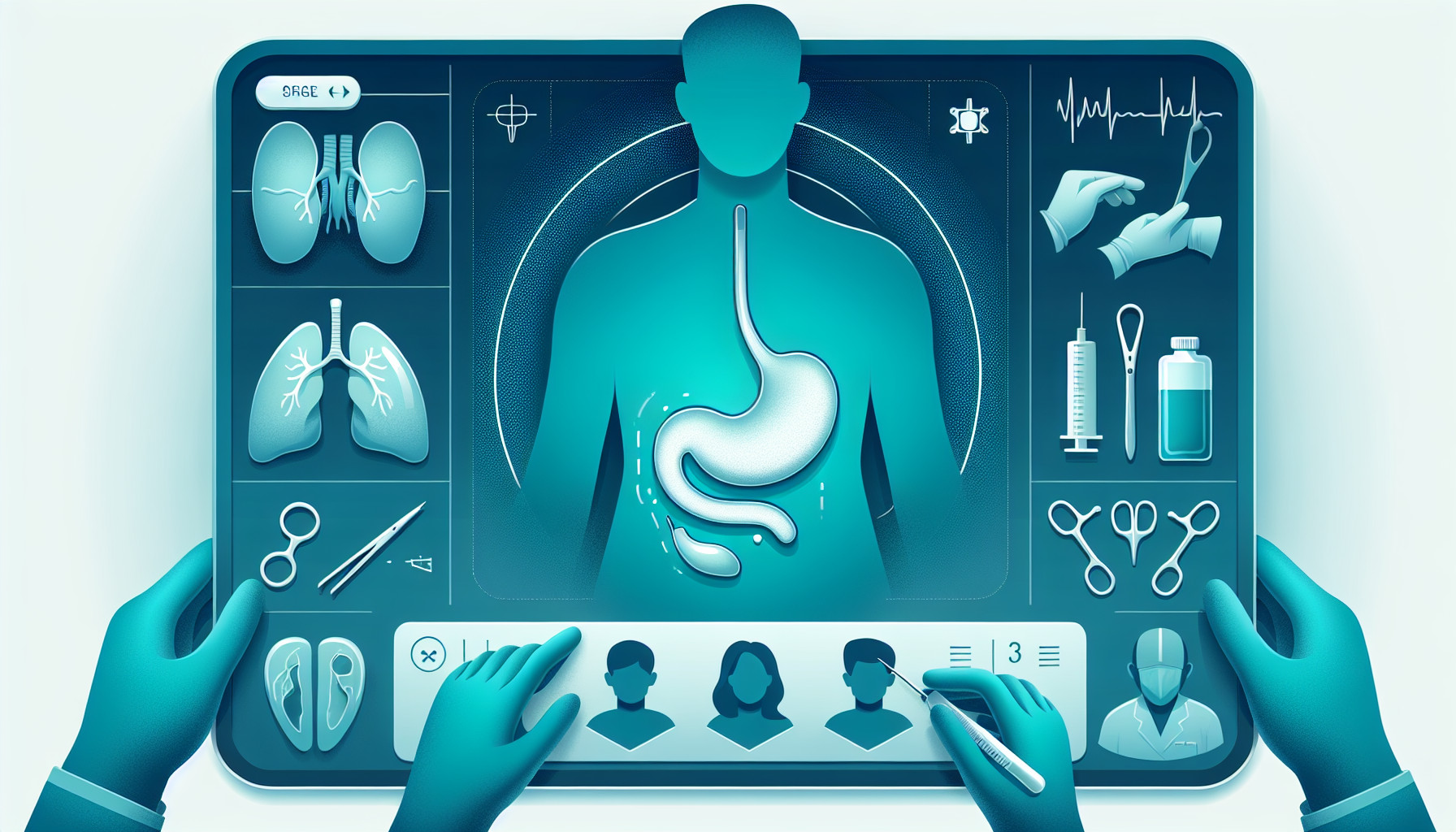Our Summary
This research paper analyzes how common complications are after two types of surgery often done on children: appendectomies (removal of the appendix) and cholecystectomies (removal of the gallbladder). The researchers looked at studies from Canada, the US, and the UK between 2000 and 2016, and compared the results.
On average, after an appendectomy, kids stayed in the hospital for about 3 days, and after a cholecystectomy, they stayed for about 3.5 days. The risk of dying after these operations was very low (0.06% for appendectomies and 0.24% for cholecystectomies). The chance of being readmitted to the hospital or needing another operation was also low.
However, there were some differences between the countries. Canadian and UK studies reported shorter hospital stays after appendectomies compared to US studies. Also, the UK studies reported lower death and readmission rates after appendectomies compared to US studies.
The study concludes that while the outcomes for these surgeries are generally good, they do vary between countries, which is important to keep in mind when trying to improve safety in children’s surgery.
FAQs
- What are the average hospital stay durations for appendectomies and cholecystectomies?
- How do the death and readmission rates after appendectomies and cholecystectomies compare between the US, UK, and Canada?
- What were the key findings of the study regarding safety in children’s surgery?
Doctor’s Tip
A helpful tip a doctor might tell a patient about cholecystectomy is to follow post-operative instructions carefully, including avoiding heavy lifting and sticking to a low-fat diet to prevent digestive issues. It is also important to stay in touch with your healthcare provider for any concerns or complications that may arise after the surgery.
Suitable For
Patients who are typically recommended cholecystectomy include those with symptomatic gallstones, gallbladder polyps, gallbladder cancer, biliary dyskinesia, and chronic cholecystitis. Symptoms that may indicate the need for cholecystectomy include severe abdominal pain, nausea, vomiting, jaundice, and fever. Additionally, patients who have recurrent episodes of gallstone-related complications such as pancreatitis or cholangitis may also be recommended for cholecystectomy. It is important for patients to consult with their healthcare provider to determine if cholecystectomy is the best treatment option for their condition.
Timeline
Before Cholecystectomy:
- Patient experiences symptoms of gallbladder issues such as abdominal pain, nausea, vomiting, and bloating.
- Patient undergoes diagnostic tests such as ultrasound or CT scan to confirm the need for surgery.
- Patient consults with a surgeon to discuss the risks and benefits of cholecystectomy.
- Surgery date is scheduled and patient prepares by fasting and following pre-operative instructions.
After Cholecystectomy:
- Patient wakes up in the recovery room post-surgery and is monitored for any complications.
- Patient may experience pain and discomfort at the incision site and may be given pain medication.
- Patient is gradually started on a liquid diet and eventually progresses to solid foods.
- Patient is discharged from the hospital after a few days and given instructions for at-home care.
- Patient follows up with the surgeon for post-operative check-ups to monitor healing and address any concerns.
- Patient may experience changes in digestion and bowel movements due to the absence of the gallbladder.
- Over time, patient typically adjusts to life without a gallbladder and resumes normal activities.
What to Ask Your Doctor
Some questions a patient should ask their doctor about cholecystectomy include:
- What are the reasons for recommending a cholecystectomy in my case?
- What are the potential risks and complications associated with the surgery?
- How long is the recovery period after a cholecystectomy?
- Will I need to make any changes to my diet or lifestyle after the surgery?
- What are the alternative treatment options to cholecystectomy?
- How experienced are you in performing cholecystectomies?
- How many cholecystectomy procedures have you performed?
- What is the success rate of this surgery in patients with similar conditions to mine?
- Will I need to take any medications or follow-up treatments after the surgery?
- Are there any long-term effects or considerations I should be aware of after the surgery?
Reference
Authors: Daodu OO, Zondervan N, Urban D, MacRobie A, Brindle M. Journal: J Pediatr Surg. 2019 Dec;54(12):2528-2538. doi: 10.1016/j.jpedsurg.2019.08.033. Epub 2019 Sep 6. PMID: 31575414
